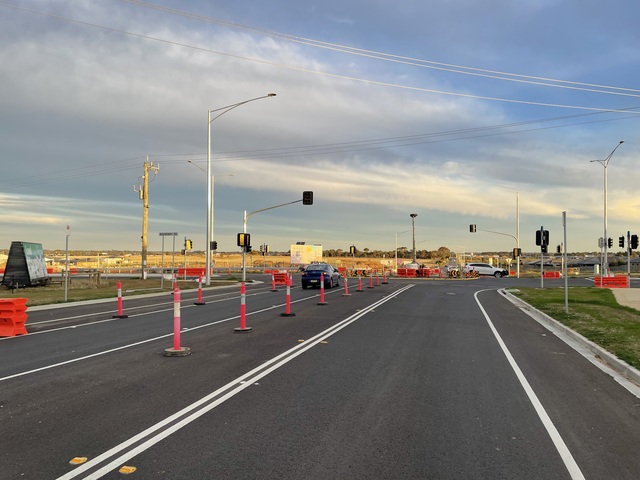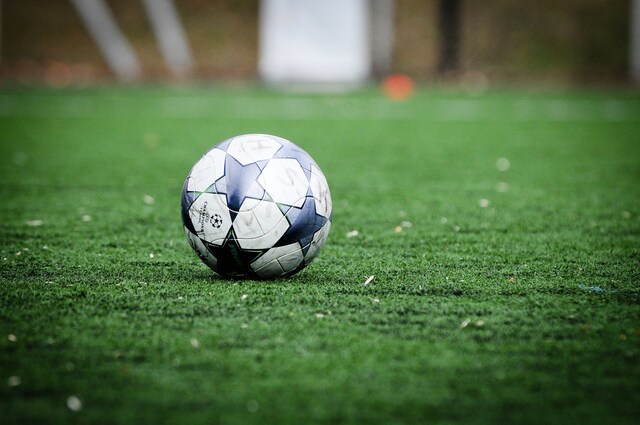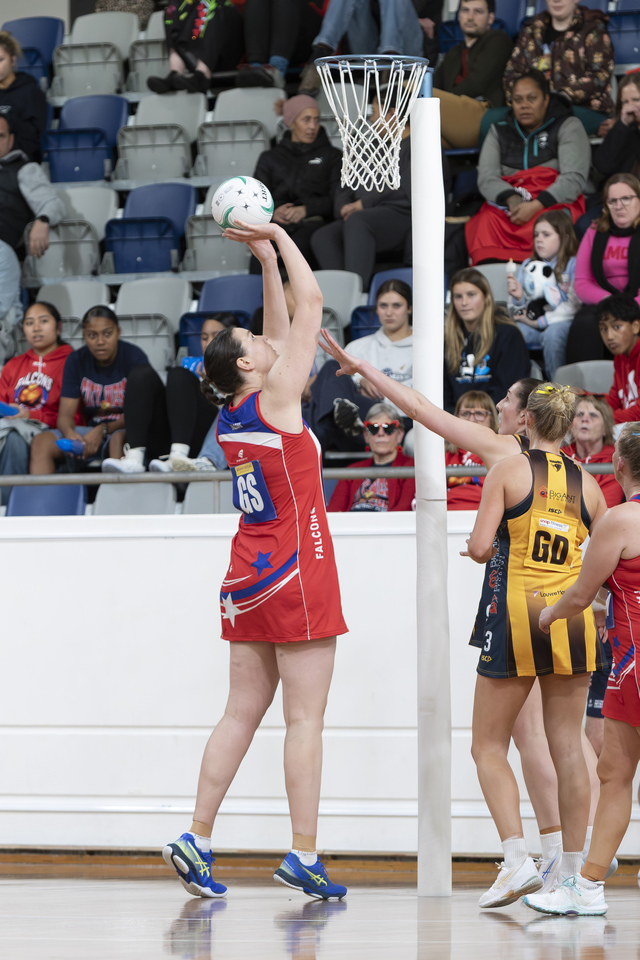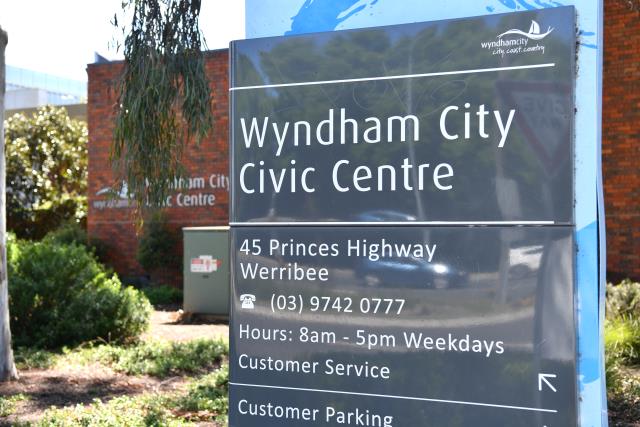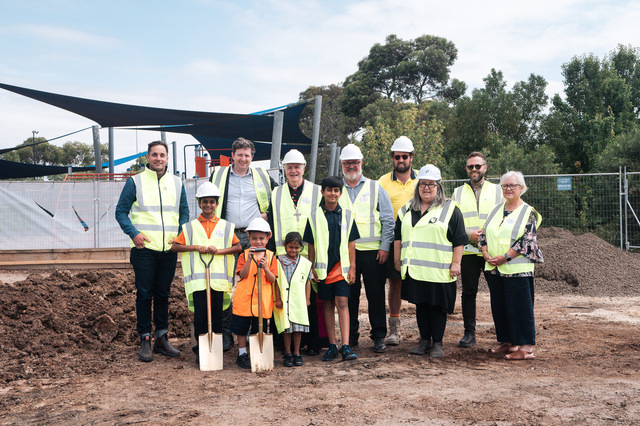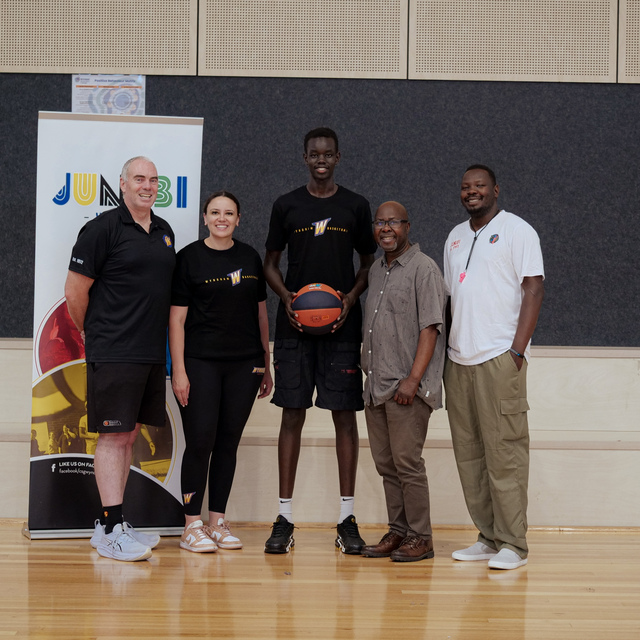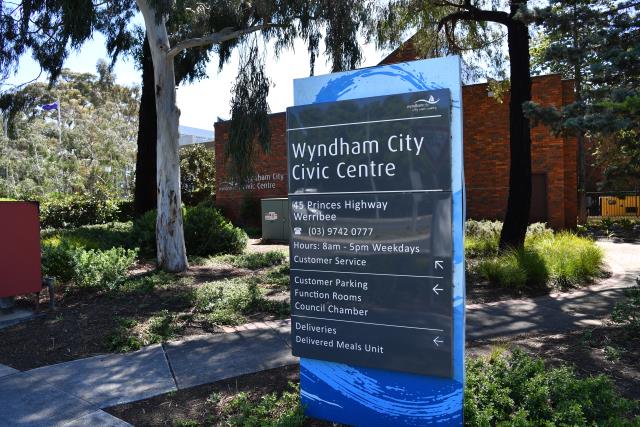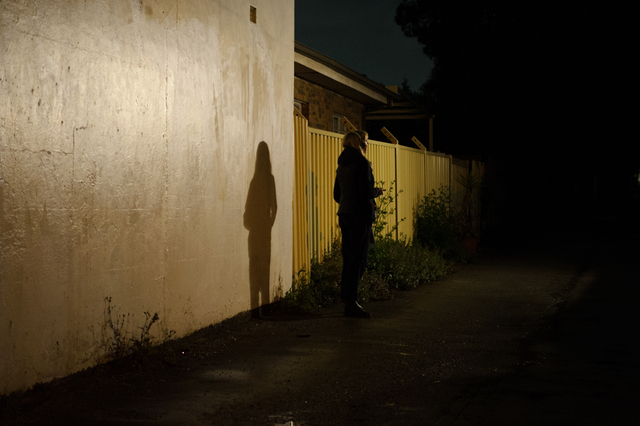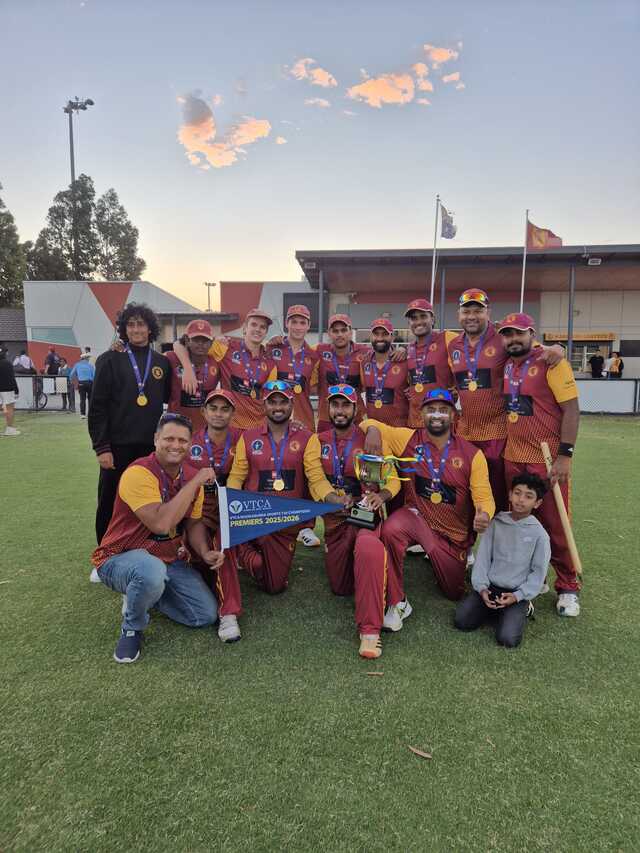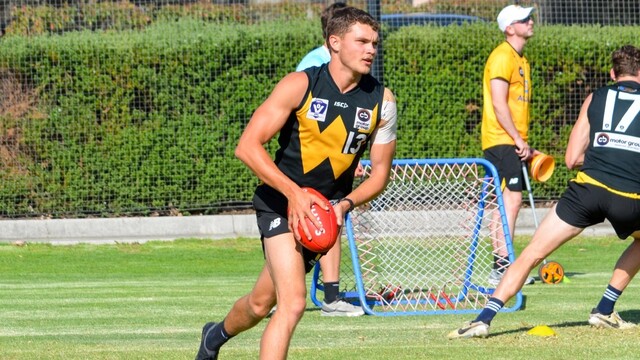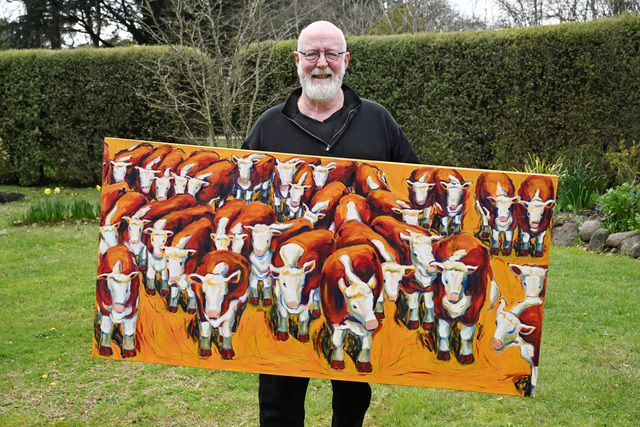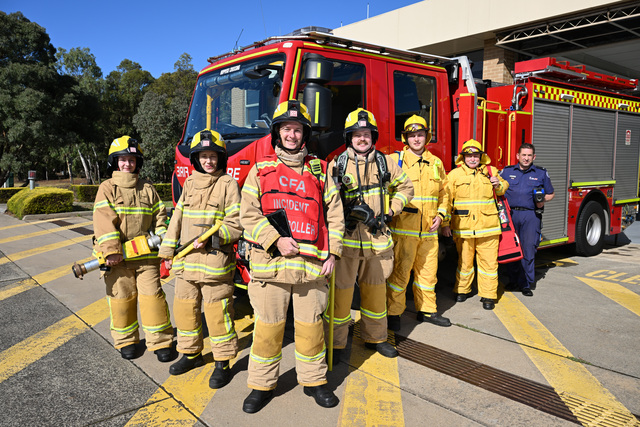ERADICATING, or even detecting, the use of illicit or performance-enhancing drugs (PEDs) at a grassroots level of sport is no mean feat, according to Victorian Rugby League general manager Brent Silva.
The VRL was alarmed at Australian Crime Commission (ACC) findings last week of widespread use of PEDs in Australian professional sport, but Silva was confident use of illegal substances to improve performance was not an issue in community rugby league in Victoria. “It’s always concerning when you have stories around sport that is not positive,” he said.
“In terms of performance-enhancing products, you’re more likely to get it at the higher level, where players are on the fringe and trying to make a living out of the game.
“At the higher level, when you’re trying to earn a contract, where it could be the difference between $50,000 a year contract and a $200,000 a year contract, there is an incentive.”
When a player or an official joins a local club, they sign a document stating they will abide by the VRL’s rules and regulations. That also means they will adhere to the Australian Sports Anti-Doping Authority (ASADA) code.
Take an illegal substance while on duty in the VRL and you could find yourself with a lengthy ban from the sport if detected.
The problem for the VRL and its clubs is that ASADA rarely, if ever, turns up on their doorstep.
“Even at our level, we come under the WADA [World Anti-Doping Agency] code, but ASADA generally don’t test at the community level,” Silva said. “So, you’re not tested for that sort of thing.”
The VRL does not have the man power, funds or the jurisdiction to support or weed out users on their own volition.
Unlike NRL clubs, the VRL clubs do not employ players, nor do they have contracts in place to tear up in the event of behaviour matters.
In essence, their hands are tied.
“We have no responsibility in people’s private lives, whereas at the elite level, there are contracts players sign saying I agree to these policies, which means I won’t behave this way in my personal life,” Silva said.
The bigger issue for local clubs, according to Silva, is the use of illicit drugs. This, he says, is a society-wide problem with no quick fix.
“At the local level, I guess the pressures are different to an elite athlete, it’s more about societal pressures,” he said.
“That would happen with any sort of community group whether it’s the office place or elsewhere in society where you might have those societal pressures.
“The NRL have now got a program in place within community clubs to educate about safe partying practices to assist clubs when they’re organising functions and events, and part of that would be around how the clubs can educate their members about what is acceptable behaviour.
“I’m proud of our clubs and their record to date in terms of their behaviour and the way they engage with the local community and trying to encourage positive and healthy living through playing sport and playing rugby league.”

